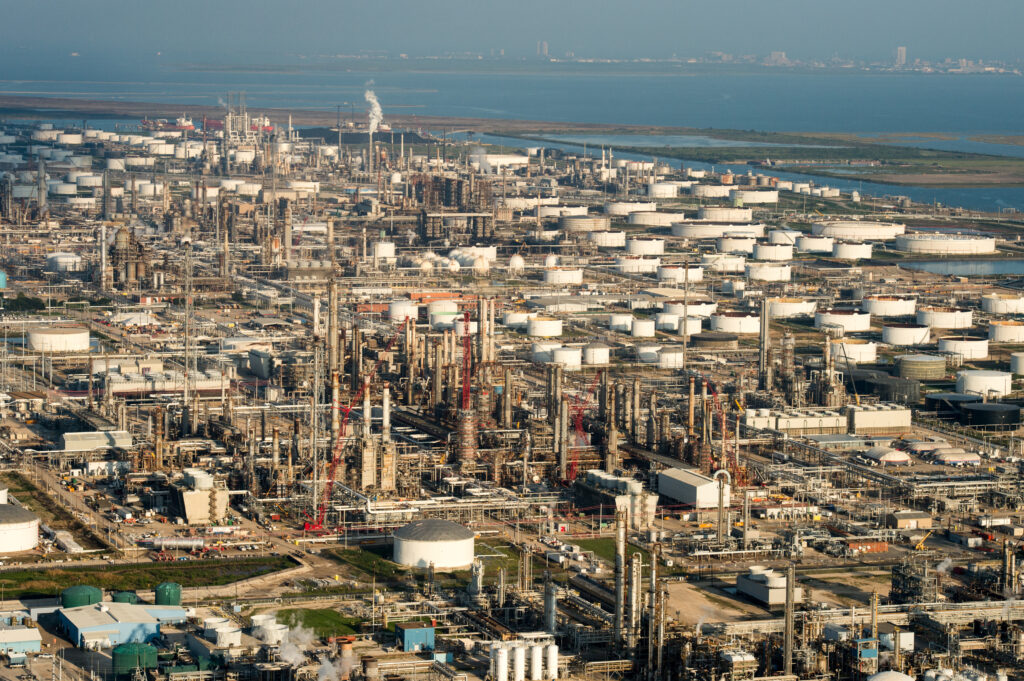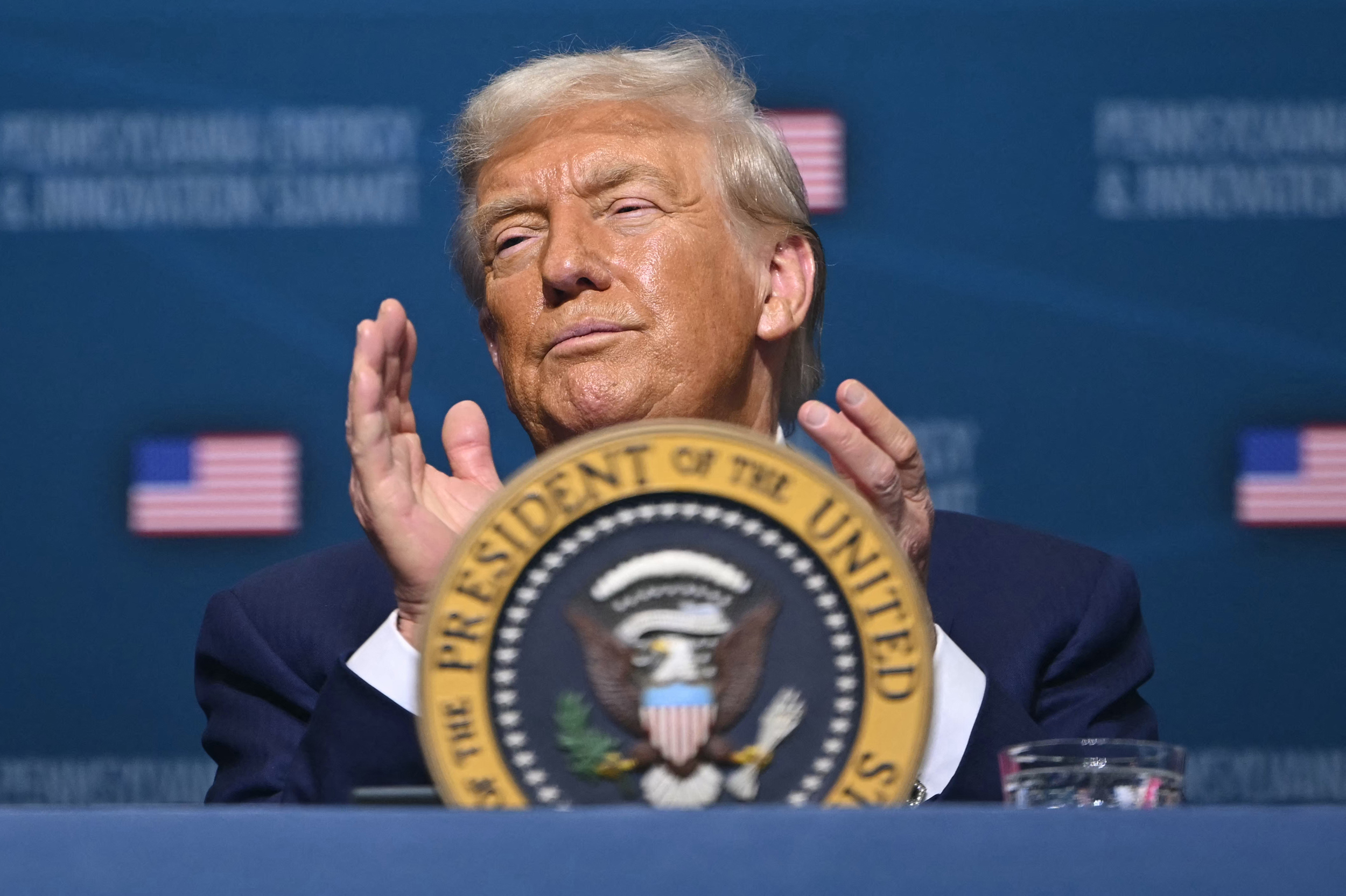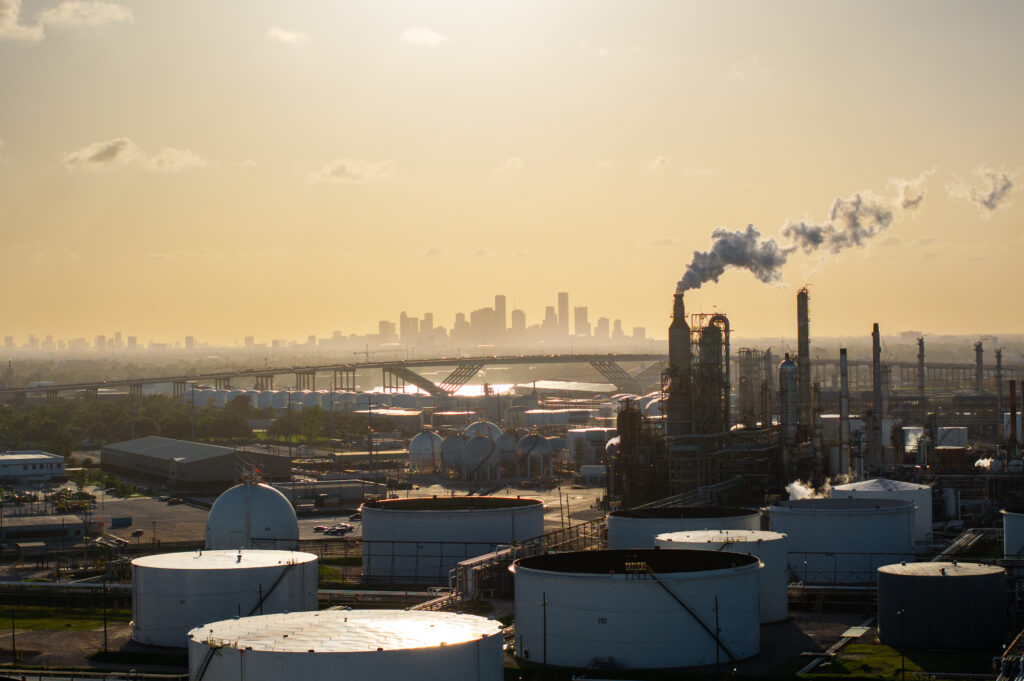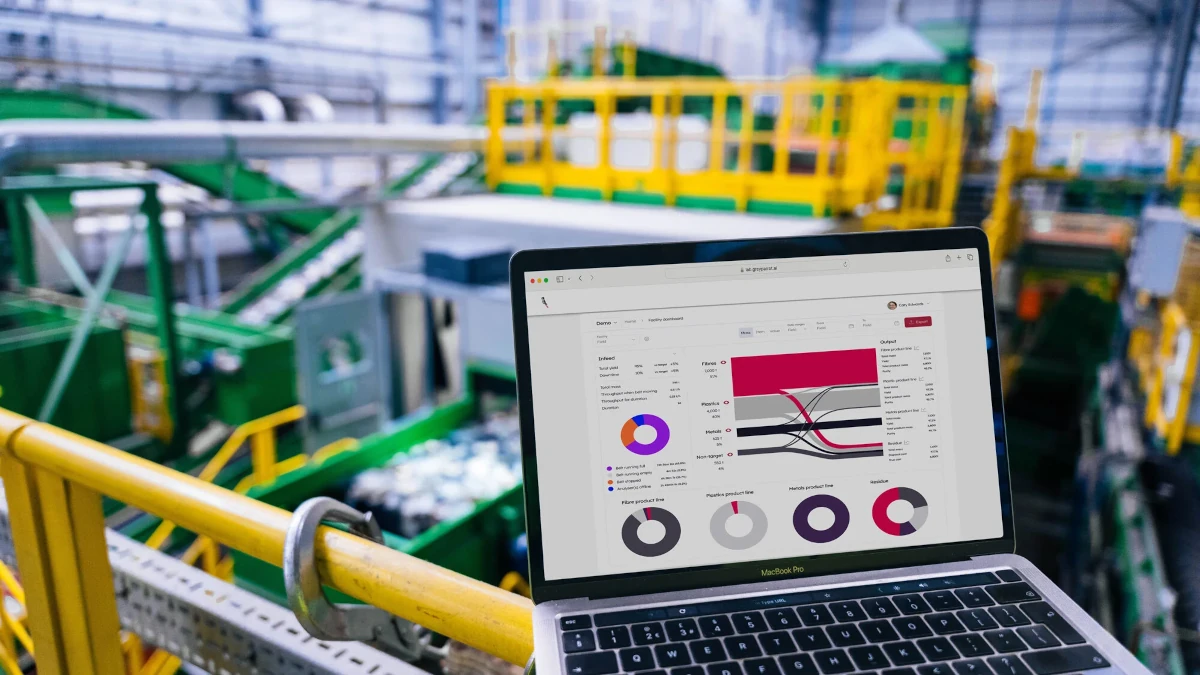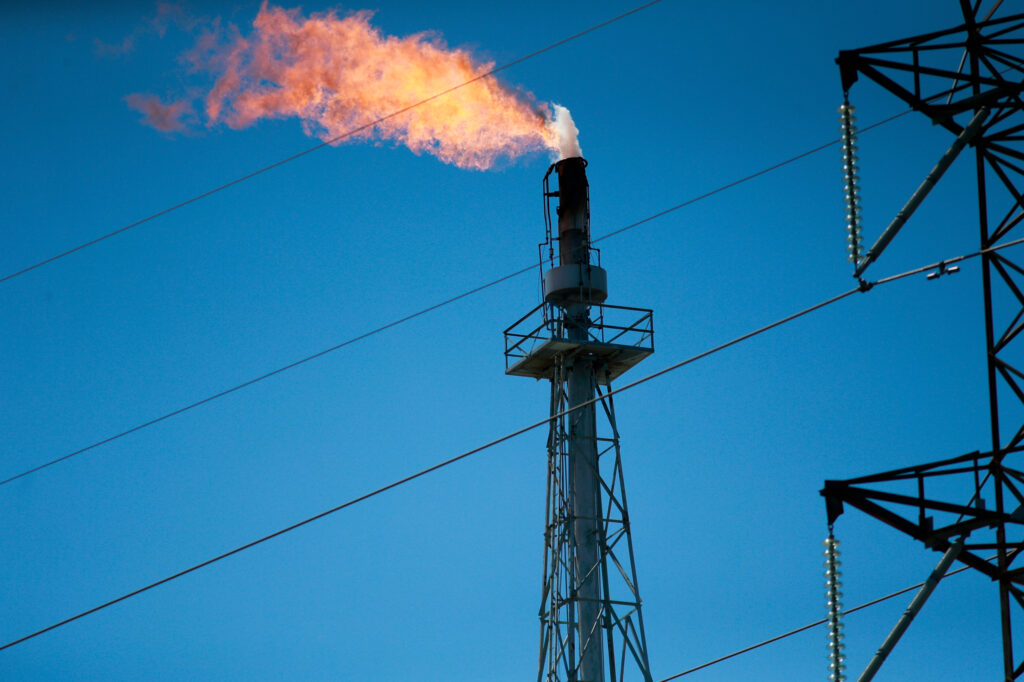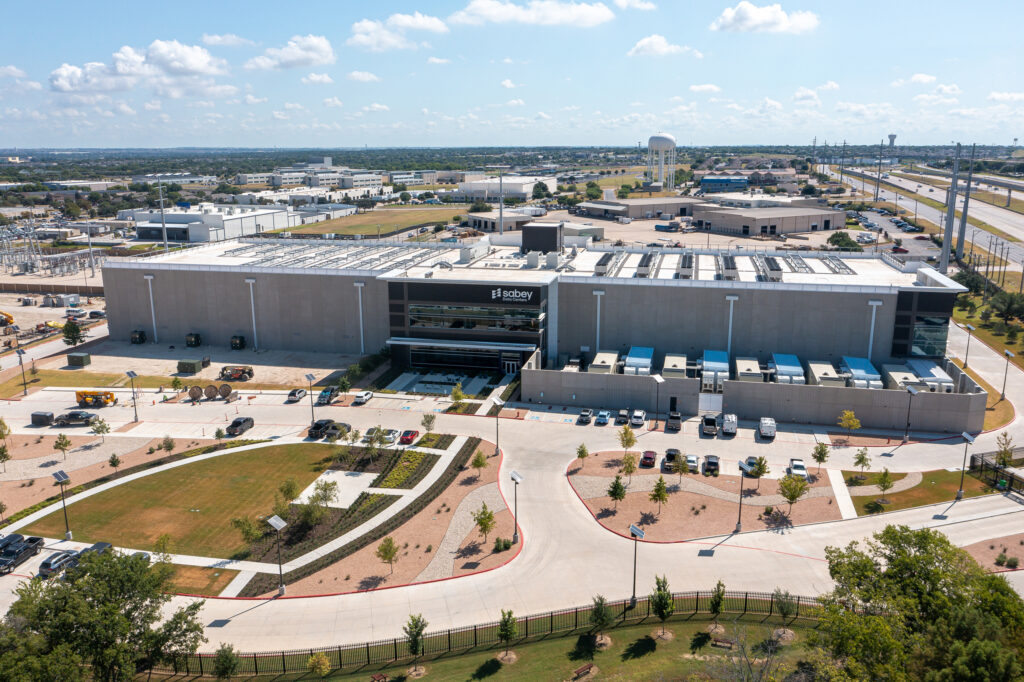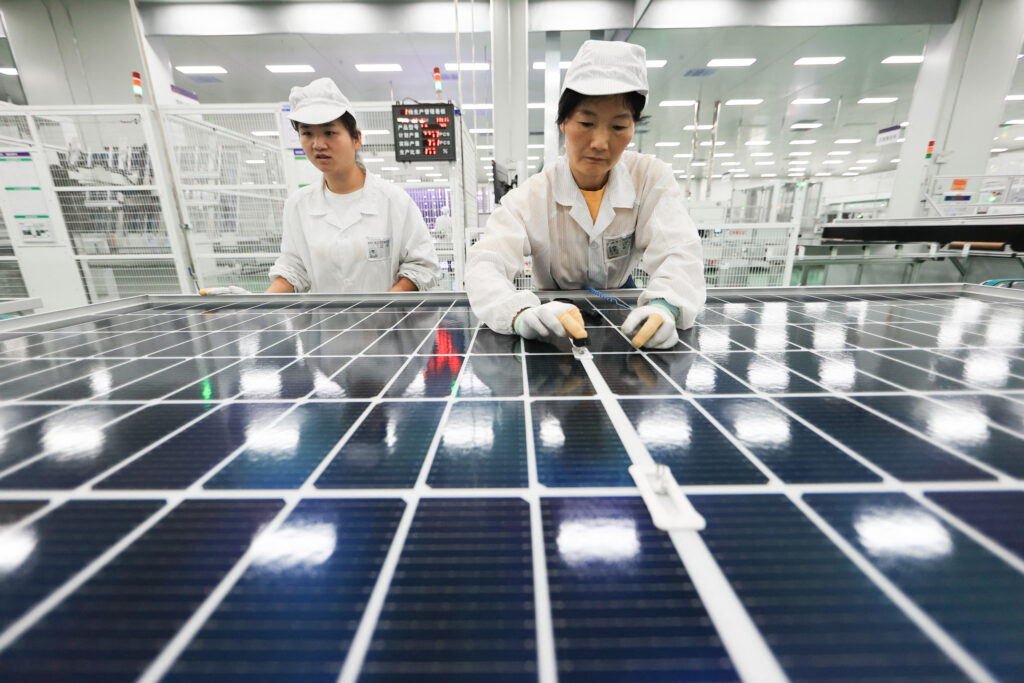From our collaborating partner Living on Earth, public radio’s environmental news magazine, an interview by host Steve Curwood with Maria Ivanova, the director of the School of Public Policy and Urban Affairs at Northeastern University.
In 2022, the U.N. General Assembly voted to develop a legally binding international treaty on plastic pollution by 2024.
But crafting that treaty hasn’t been easy, with countries butting heads on key issues including curbs on plastic production, changes of the chemistry of plastics and the role of waste management. What was planned to be the final session of negotiations recently ended in Busan, Korea with only a “Chair’s Text”—a very rough draft to guide delegates when negotiations resume, presumably in mid-2025.
Maria Ivanova directs the School of Public Policy and Urban Affairs at Northeastern University and has been a delegate or observer at the treaty negotiations since they began.
This interview has been edited for length and clarity.
STEVE CURWOOD: This was supposed to be the fifth and final negotiating session to create a binding international treaty to end plastic pollution. It didn’t quite get there. How surprised were people that couldn’t get finished?
MARIA IVANOVA: People were not surprised, but people were frustrated.
We wanted to have an agreement achieved in record time. This would have been record time—two years to achieve agreement on a very ambitious global goal. But there were murmurs that it’s too tight, it’s too far, too quick. So not many people expected that we would be able to reach a final agreement. Yet most of us hoped that the outlines of an agreement would be agreed upon, but that was not possible.
CURWOOD: What seem to be the biggest sticking points so far in these negotiations?
IVANOVA: It is important to note that everyone, and I mean everyone, agrees that we do have a problem. We have a plastic pollution problem, and the sticking point was, where do we start? Do we start at the beginning of extracting fossil fuels from the ground that can turn into plastics? Do we start at the stage of design, or do we start at the time where we discard those products and improve our waste management systems? This is the key to the contention: Where does the life cycle start?
For the high-ambition coalition, they said the life cycle starts at the extraction of these fuels from the ground. It starts at the beginning of even getting these resources. For those countries that said we need a better waste management system, for them, the life cycle starts a bit later.
CURWOOD: I understand that the countries who are pushing for a better waste management system—at least a number of them—are those countries that produce fossil fuels, the feedstock for plastic. And I gather that there were a lot of fossil fuel lobbyists at these treaty negotiations. Just how powerful was their presence?
IVANOVA: You could see the presence of fossil fuel lobbyists in all of the spaces. There were also the chemical companies, and importantly, the brands were there. So on the fossil fuels and the chemicals, the lobbying is for an agreement that does not limit production.
On the brand side—those are Nestle, Coca Cola, Unilever—you have a push for an ambitious treaty, and to me, they were much more visible than the fossil fuel lobbyists. They were much stronger in terms of a message, and much more aligned behind the message for a strong, ambitious plastics treaty, because the brands see that the consumers are changing their behavior.
CURWOOD: There are those countries that want to keep pumping out plastics and treat this as a waste management problem. Others want to focus on turning off the tap or limiting production. What’s your take on that debate? In your opinion, how should this treaty end up?
IVANOVA: From the beginning, I saw that there were three options on the table.
One, a no-agreement option. The divergence was too wide, and we could emerge with no agreement.

Two, an agreement of the willing, those who wanted to go far and quickly; there were over 100 countries who wanted to have a global treaty that regulates the entire life cycle of plastics. But then it would not be universal. They would have to go out and have an agreement of the willing.
Option three was a consensus pathway to bridge the high ambition coalition and the so-called “like-minded” group—the oil-producing countries that did not want to start at the beginning of extraction life cycle, but to focus on waste. And for that to happen, the high ambition countries needed to give in and eliminate production out of the agreement and start at the design stage. And the like-minded, then would have to agree to have chemicals in the design stage. This could have been a third option that would drive to consensus.
In the end, we emerged with option one. There was no agreement. However, the talks have not been canceled. They have been suspended. And so we will have option two and option three on the table in the future negotiations.
CURWOOD: There was this question of eliminating certain chemicals in plastic production, which, of course, is still not decided. What are the health concerns with plastic pollution and the chemicals associated with it, for people and wildlife?
IVANOVA: The health concerns are wide ranging, and they’re being discovered more and more with every passing day.
Microplastics have now been found in the human body, from the brain to the blood to 100 percent of testicles tested, human and canine.
Plastics have also been found in the deepest ocean, the Mariana Trench, and on Mount Everest. So plastics are absolutely everywhere in the environment and in our bodies.
The health effects range from cancers, Alzheimer’s disease of microplastics in the brain, or stroke. The endocrine disruptors also are pretty significant, and there is a lot more to be discovered.
Of course, you will hear the lobbyists saying, we need more studies. We need more research. And on the other hand, a lot of the scientists will say, we have the research. We know the health effects are significant. We need to do something about it.
CURWOOD: With no international plastics treaty, negotiations are to resume sometime this coming summer, in 2025. Where are we as a planet in terms of dealing with plastics, from your perspective?
IVANOVA: No international treaty on plastics yet. But that doesn’t mean there is no action on dealing with plastic pollution.
The way I feel about this is similar to how I felt about climate when the Trump administration pulled out of the Paris Agreement, and that is, we are still in. This is what businesses wrote and published in The New York Times after the withdrawal of the United States from the climate agreement, and this is what I saw in Busan. Cities and companies are in.
What I would like to instigate, to catalyze, is that campuses join that movement. I think if we empower, if we engage, if we catalyze action in cities, in companies and among campuses, we will have the basis not only for a plastics treaty, but for the necessary actions to deal with the plastic pollution problem.
About This Story
Perhaps you noticed: This story, like all the news we publish, is free to read. That’s because Inside Climate News is a 501c3 nonprofit organization. We do not charge a subscription fee, lock our news behind a paywall, or clutter our website with ads. We make our news on climate and the environment freely available to you and anyone who wants it.
That’s not all. We also share our news for free with scores of other media organizations around the country. Many of them can’t afford to do environmental journalism of their own. We’ve built bureaus from coast to coast to report local stories, collaborate with local newsrooms and co-publish articles so that this vital work is shared as widely as possible.
Two of us launched ICN in 2007. Six years later we earned a Pulitzer Prize for National Reporting, and now we run the oldest and largest dedicated climate newsroom in the nation. We tell the story in all its complexity. We hold polluters accountable. We expose environmental injustice. We debunk misinformation. We scrutinize solutions and inspire action.
Donations from readers like you fund every aspect of what we do. If you don’t already, will you support our ongoing work, our reporting on the biggest crisis facing our planet, and help us reach even more readers in more places?
Please take a moment to make a tax-deductible donation. Every one of them makes a difference.
Thank you,



